Synopsis
Professor Elizabeth Loftus summarises her famous study about leading questions and distorting memory.
- Programme: The Brain with David Eagleman
- Episode: What Makes Me?
- Channel: BBC Four
- Broadcast year: 2016
- Psychology | Cognitive Psychology | How the mind works and processes information | Memory, eye witness testimony
Licence: ERA Licence required
UK only
Staff and students of licensed education establishments only
Cannot be adapted
Add Notes
More clips from The Brain with David Eagleman
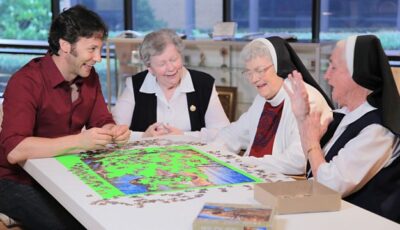
2: What Makes Me? | The Brain with David Eagleman
2: What Makes Me? | The Brain with David Eagleman
David explores how the brain conjures up the world we take for granted. This episode shows how the brain gives rise to thou...
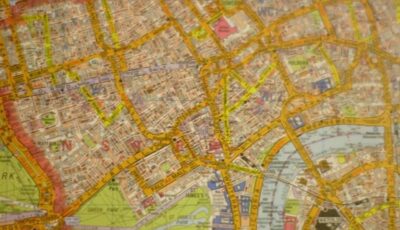
Taxi drivers and plasticity | The Brain with David Eagleman
Taxi drivers and plasticity | The Brain with David Eagleman
An introduction to the Marshmallow study and what this shows about delayed gratification.

2: What Makes Me? | The Brain with David Eagleman
2: What Makes Me? | The Brain with David Eagleman
David explores how the brain conjures up the world we take for granted. This episode shows how the brain gives rise to thou...

Taxi drivers and plasticity | The Brain with David Eagleman
Taxi drivers and plasticity | The Brain with David Eagleman
An introduction to the Marshmallow study and what this shows about delayed gratification.

2: What Makes Me? | The Brain with David Eagleman
2: What Makes Me? | The Brain with David Eagleman
David explores how the brain conjures up the world we take for granted. This episode shows how the brain gives rise to thou...

Taxi drivers and plasticity | The Brain with David Eagleman
Taxi drivers and plasticity | The Brain with David Eagleman
An introduction to the Marshmallow study and what this shows about delayed gratification.

2: What Makes Me? | The Brain with David Eagleman
2: What Makes Me? | The Brain with David Eagleman
David explores how the brain conjures up the world we take for granted. This episode shows how the brain gives rise to thou...

Taxi drivers and plasticity | The Brain with David Eagleman
Taxi drivers and plasticity | The Brain with David Eagleman
An introduction to the Marshmallow study and what this shows about delayed gratification.
More resources about Biopsychology
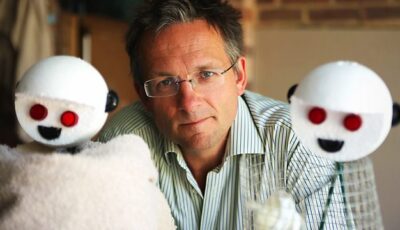
02: Emotions | The Brain: A Secret History
02: Emotions | The Brain: A Secret History
Dr Michael Mosley investigates how scientists have struggled to understand that most irrational and deeply complex part of our min...
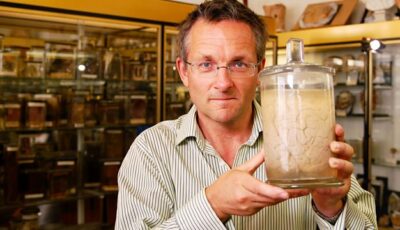
03: Broken Brains | The Brain: A Secret History
03: Broken Brains | The Brain: A Secret History
Michael Mosley ends his look at the history of experimental psychology by exploring how experiments on abnormal brains can re...
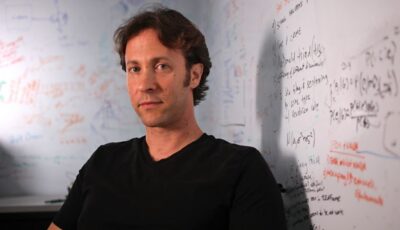
1: What Is Reality? | The Brain with David Eagleman
1: What Is Reality? | The Brain with David Eagleman
David takes us on a journey that explores how the brain, locked in silence and darkness without direct access to it, conj...

2: What Makes Me? | The Brain with David Eagleman
2: What Makes Me? | The Brain with David Eagleman
David explores how the brain conjures up the world we take for granted. This episode shows how the brain gives rise to thou...
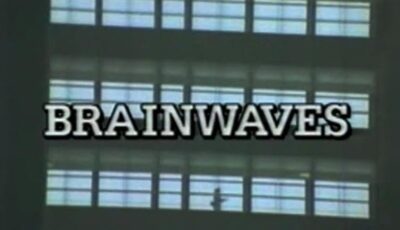
3: Brainwaves | Madness
3: Brainwaves | Madness
Jonathan Miller demonstrates how, by observing the mad crowded together in large asylums, ''experts'' concluded the causes of madness were to be foun...
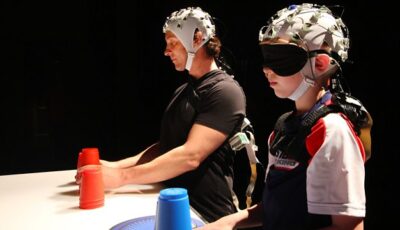
3: Who Is in Control? | The Brain with David Eagleman
3: Who Is in Control? | The Brain with David Eagleman
David explores how almost every action we take, every decision we make, every belief that we hold is driven by parts of...
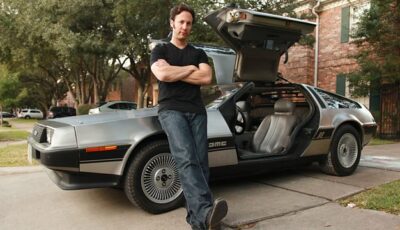
4: How Do I Decide? | The Brain with David Eagleman
4: How Do I Decide? | The Brain with David Eagleman
This episode takes a journey through the unseen world of decisions, and how they get made.
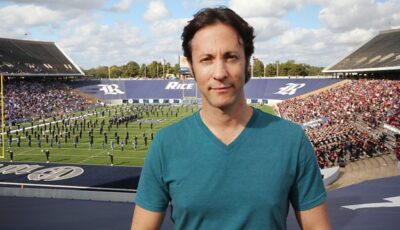
5: Why Do I Need You? | The Brain with David Eagleman
5: Why Do I Need You? | The Brain with David Eagleman
This episode looks at how the human brain relies on other brains to thrive and survive.
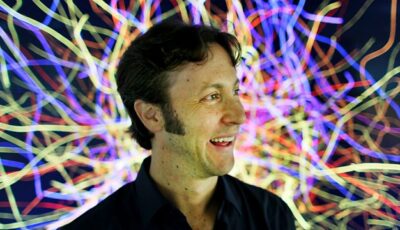
6: Who Will We Be? | The Brain with David Eagleman
6: Who Will We Be? | The Brain with David Eagleman
Dr Eagleman journeys into the future, and asks what's next for the human brain and for our species.
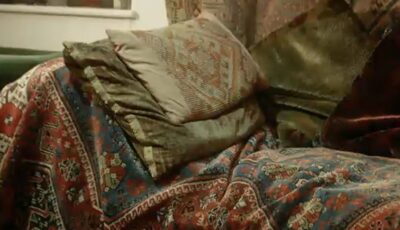
An introduction to Freud's work | The Brain with David Eagleman
An introduction to Freud's work | The Brain with David Eagleman
A brief introduction to Freud's work and the role of the unconscious mind in mental health.

Nature vs nurture | The Brain with David Eagleman
Nature vs nurture | The Brain with David Eagleman
The interplay between genetics and the environment, do we truly have free will over our behaviour?

Right hemisphere removal | The Brain with David Eagleman
Right hemisphere removal | The Brain with David Eagleman
Professor Casey explains her research into delayed gratification and the impact this has on behaviour.

Split brain patients | The Brain: A Secret History
Split brain patients | The Brain: A Secret History
These split brain patients showed Sperry that each hemisphere of the brain has a different role to play and a separate con...
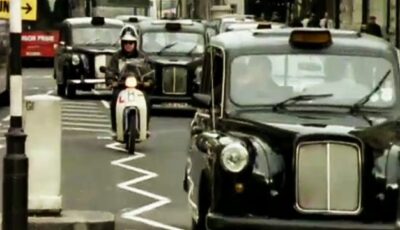
Streetwise | Modern Times
Streetwise | Modern Times
This film looks at the tough training regime undertaken by black cab drivers as they prepare for one of the hardest examinations they will ever take.

Taxi drivers and plasticity | The Brain with David Eagleman
Taxi drivers and plasticity | The Brain with David Eagleman
An introduction to the Marshmallow study and what this shows about delayed gratification.

The Knowledge | Modern Times
The Knowledge | Modern Times
Follow trainee taxi drivers as they undergo one of the most difficult memory tests, The Knowledge.
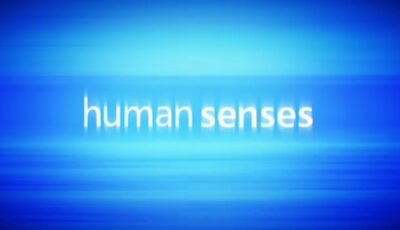
Vision | The Human Senses
Vision | The Human Senses
Why are humans so good at spotting some things while at other times, cannot see what's right in front of them?

Visual attention | The Brain with David Eagleman
Visual attention | The Brain with David Eagleman
When we view an object or scene, we don't take a mental photograph. Instead, our brain is choosing to focus attention on a f...

Visual inattention | The Human Senses
Visual inattention | The Human Senses
Watch in real time an experiment showing how we don't register all of the visual information that we receive through our eyes.
